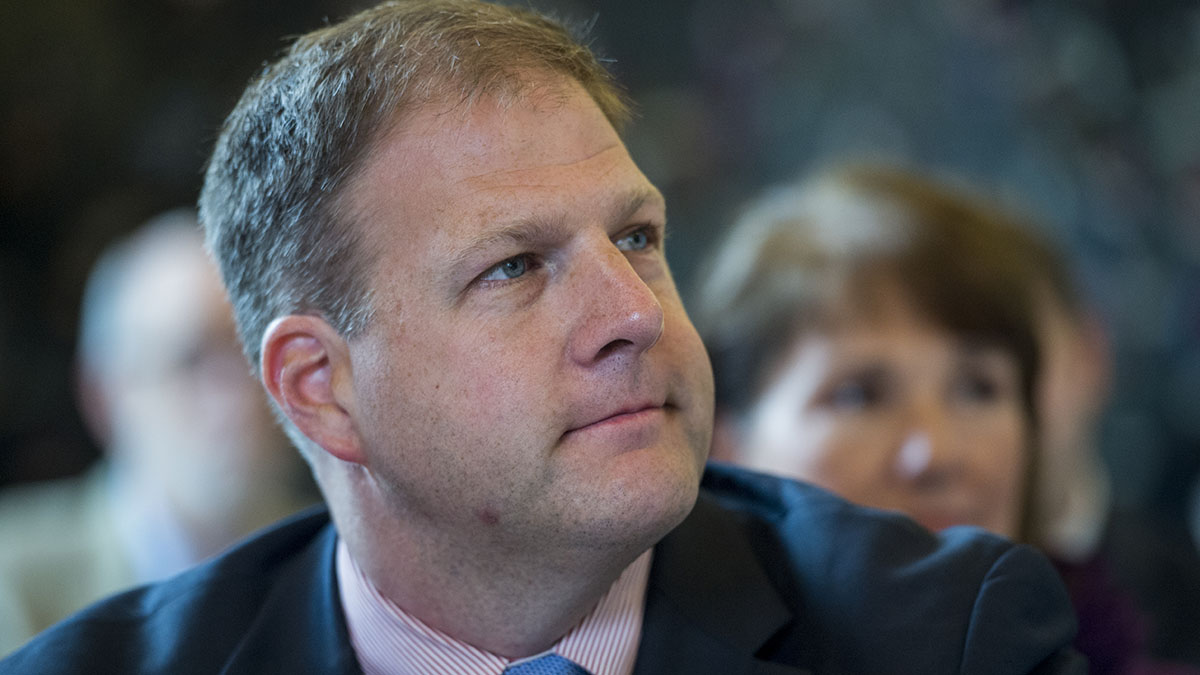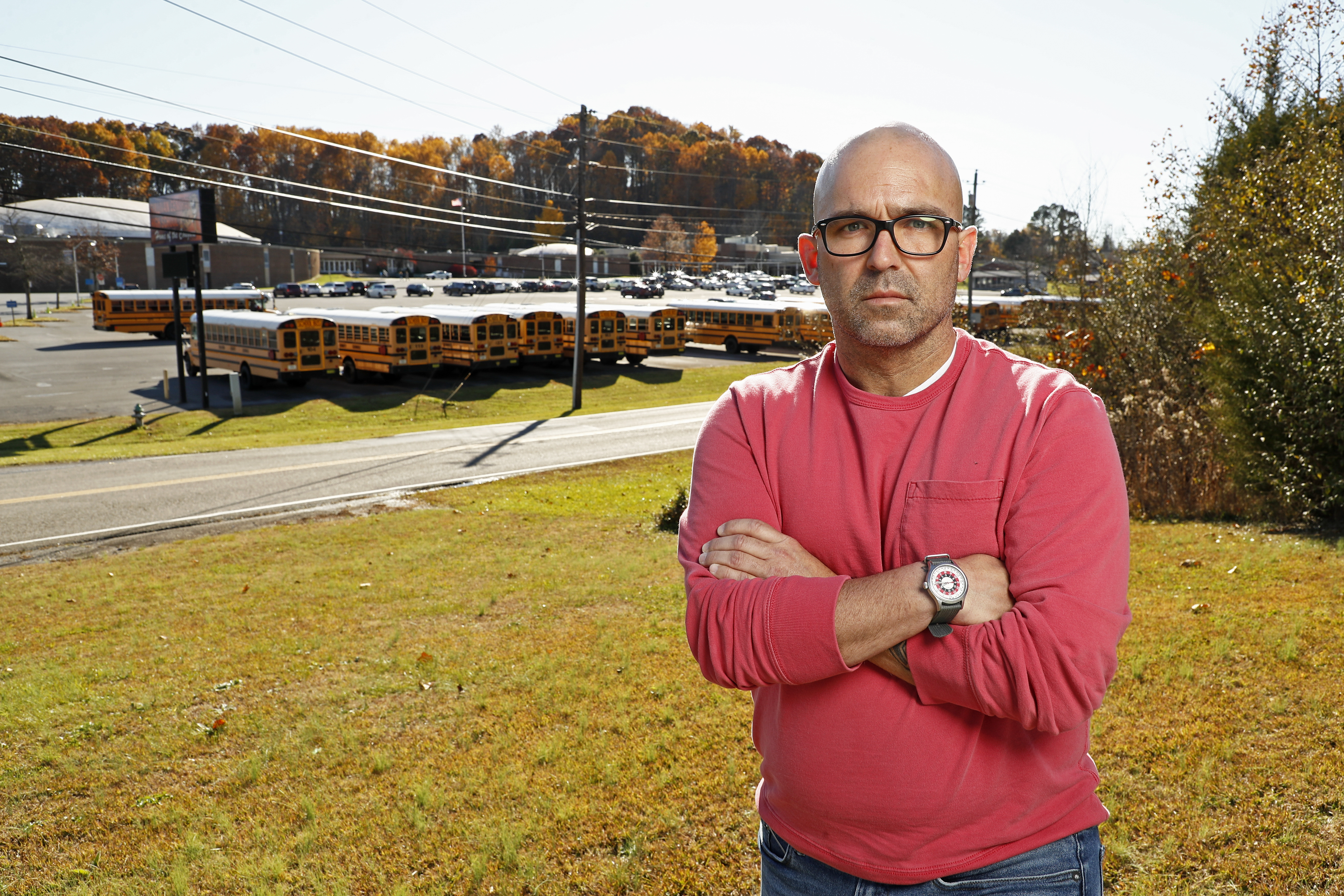
A New Hampshire teacher's union, several educators and parents sued the state's top education, human rights and law enforcement officials Monday over a state law that limits the discussion of systemic racism and other topics, saying it curtails speech, limits the free exchange of ideas and hurts students.
The "Prohibition on Teaching Discrimination" law, passed in June, prohibits teaching children that they are inferior, racist, sexist or oppressive by virtue of their race, gender or other characteristics.
An earlier version of the legislation echoed a now-rescinded Trump administration order that sought to ban discussion of "divisive concepts" in schools. The law that eventually passed allows for instruction on the "historical existence" of the ideas, and puts a focus on strengthening anti-discrimination laws.
But it also allows disciplinary action to be taken against teachers who violate the law.
Get New England news, weather forecasts and entertainment stories to your inbox. Sign up for NECN newsletters.
The lawsuit, which calls on an enforcement ban and a jury trial, was filed in federal court by AFT-New Hampshire, which represents 3,400 public school teachers and related staff; three high school teachers; and two parents.
More on Teaching Race in Schools
They sued New Hampshire Education Commissioner Frank Edelblut, Commission on Human Rights Chair Christian Kim, and New Hampshire Attorney General John Formella. The Education Department and Human Rights Commission said they do not comment on pending litigation. A senior assistant attorney general said the office will "review the lawsuit and defend the law."
AFT-New Hampshire President Deb Howes said teachers work in fear of being "targeted without evidence by people with a political agenda."
"Educators are terrified of losing their teaching license over simply trying to teach," Howes said.
She said one reason the lawsuit was filed was in response to a conservative group's offer to pay $500 to the first person who "catches" a teacher violating the law after the Education Department set up a website to collect complaints against teachers. The conservative organization told supporters in a tweet to designate online donations as "CRT Bounty's," referring to critical race theory.
Republican Gov. Chris Sununu had denounced the tweet.
AFT-New Hampshire believes the state is one of eight Republican-led states that have passed laws aimed at censoring discussions around race and gender in classrooms, prompted by concern over critical race theory.
The lawsuit claims the law is "at once unconstitutionally vague in violation of the Fourteenth Amendment of the United States Constitution, chills teacher speech in violation of the First Amendment and conflicts with and compels abridgment of New Hampshire's Constitution and laws, thereby creating further vagueness, fear and uncertainty as to what New Hampshire teachers may teach and as a result hurts New Hampshire's students."
The lawsuit said the Commission for Human Rights and the attorney general's office have issued guidance to clear up ambiguous language, but even those agencies agree the law is confusing.
Ryan Richman, a plaintiff in the lawsuit who teaches high school world history in Plaistow, said he asks his students to discuss events in the news and their connections with the past.
"Nine times out of 10, they want to discuss stories about oppression and how they've observed or experienced it — the Rohingya genocide, the Uyghur genocide, the Black Lives Matter movement. I shouldn't lose my license for honestly discussing current events in my classroom," Richman said in a statement.
He also questioned how he and his students can discuss the Nazi philosophy that the Aryan race was superior to all others, and the history of human chattel slavery in the American South and its impact on African Americans.
Republican State Sen. Jeb Bradley of Wolfeboro said the law prohibits teaching students that they are "inherently superior or inferior to people of another age, sex, gender identity, sexual orientation, race, creed, color, marital status, familial status, mental or physical disability, religion, or national origin."
"Clearly any instruction that teaches students they are inferior or superior due to these characteristics is discrimination and it's terribly disappointing that this lawsuit has even been filed," he said in a statement.



